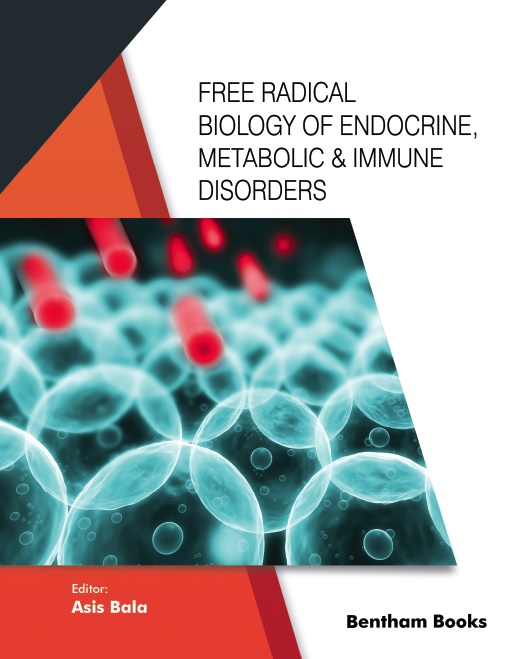Free Radical Biology of Endocrine, Metabolic and Immune Disorders

Abstract
This reference explores the science of signaling mechanisms associated with diseases like endocrine, metabolic, and immune disorders which are linked to oxidative stress-mediated disease mechanisms. The common diseases in these categories include diabetes mellitus and arthritis and conditions defined by inflammation and autoimmunity. These diseases involve metabolic pathways mediated by reactive oxygen species or free radicals. The pathways are targets in the mechanism of drugs that aim to treat related disorders. The book covers key topics in free radical biology that help to understand the nature of the pathways and the pharmacology of the drugs that are designed to target them.
5 chapters elucidate the free radical biology of the diseases.
1. Role of free radical biology in diabetes mellitus
2. Role of GSK3 in the regulation of insulin release and glucose metabolism
3. Regulatory role of NRF2 in rheumatoid arthritis
4. Role of free radical biology in Alzheimer's disease
5. Regulatory role of immune cells mediated antibody on rheumatoid arthritis Key features:
- Elucidates the key biochemical and pharmacological mechanisms that are mediated by free radicals in common endocrine, metabolic and immune diseases
- Explains the activation of immunological factors (like RF and ACPA) that trigger inflammation and arthritis
- Covers the role of free radicals in Alzheimer's disease and new interventions that target mitochondrial mechanisms
- Systematically explains the molecular biology of free radicals with the help of schematic diagrams
- Includes references for further reading The accessible and structured text in this reference makes it a suitable resource for all biomedical scientists, faculty, and postgraduate students in academia and industry.

